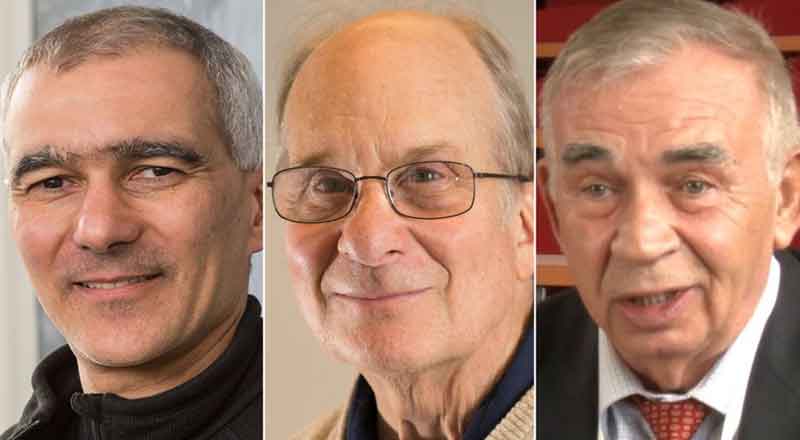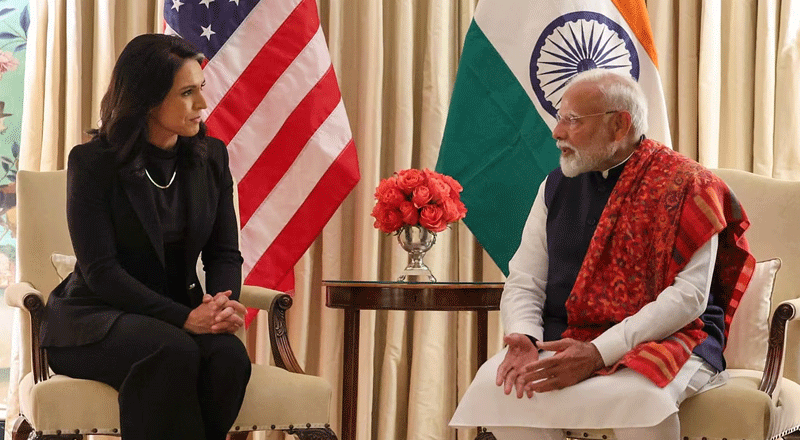- The Royal Swedish Academy of Sciences awarded the Nobel Prize in Chemistry
- The Royal Swedish Academy of Sciences awarded the Nobel Prize in Chemistry for 2023 to Moungi G. Bawendi, Louis E. Brus, and Alexei I. Ekimov.
- The announcement was made in Stockholm as the much-awaited Nobel Week continues with recognition in six different fields.
- The three joint winners have given humanity “new tools for exploring the world of electrons inside atoms and molecules.
- Of the 191 laureates who have received the Nobel Prize in Chemistry, eight are women, reflecting a gradual increase in the recognition of female scientists’ contributions to the field.
- The first woman to receive the award was Marie Curie in 1911, who did pioneering research on radioactivity.
- The announcement is part of Alfred Nobel’s will that specifically mentioned Chemistry as one of the key categories.
The Royal Swedish Academy of Sciences on Wednesday awarded the Nobel Prize in Chemistry for 2023 to Moungi G. Bawendi, Louis E. Brus and Alexei I. Ekimov for the discovery and synthesis of quantum dots.
The nanoparticles are so tiny that their size determines their properties. These smallest components of nanotechnology now spread their light from televisions and LED lamps, and can also guide surgeons when they remove tumour tissue, among many other things.
The announcement was made in Stockholm as the much-awaited Nobel Week continues with recognition in six different fields.
While Alexei Ekimov succeeded in creating size-dependent quantum effects in coloured glass, Columbia University’s Louis Brus was the first scientist in the world to prove size-dependent quantum effects in particles floating freely in a fluid. Meanwhile, Moungi Bawendi of the Massachusetts Institute of Technology revolutionized the chemical production of quantum dots.
The announcement is part of Alfred Nobel’s will that specifically mentioned Chemistry as one of the key categories.
Chemistry was not only the cornerstone of Nobel’s work but also the second-prize area he mentioned in his will. His inventions and industrial processes were deeply rooted in chemical knowledge, underscoring the importance he placed on this field of science.
Earlier, the Royal Swedish Academy of Sciences announced the winners of the Nobel Prize in Physics, which went to Pierre Agostini, Ferenc Krausz, and Anne L’Huillier for their “experimental methods that generate attosecond pulses of light for the study of electron dynamics in matter.”
The three joint winners have given humanity “new tools for exploring the world of electrons inside atoms and molecules.
Meanwhile, the medicine award went to Katalin Kariko and Drew Weissman for their pioneering work on mRNA vaccines, which have played a crucial role in combating COVID-19.
In 2022, the Nobel Prize in Chemistry was jointly awarded to Carolyn Bertozzi, Morten Meldal, and K. Barry Sharpless for their ground-breaking work in the development of click chemistry and bioorthogonal chemistry. Their contributions have significantly advanced the field of chemistry, demonstrating the transformative power of scientific innovation.
Of the 191 laureates who have received the Nobel Prize in Chemistry, eight are women, reflecting a gradual increase in the recognition of female scientists’ contributions to the field. The first woman to receive the award was Marie Curie in 1911, who did pioneering research on radioactivity.
(With inputs from agencies)





